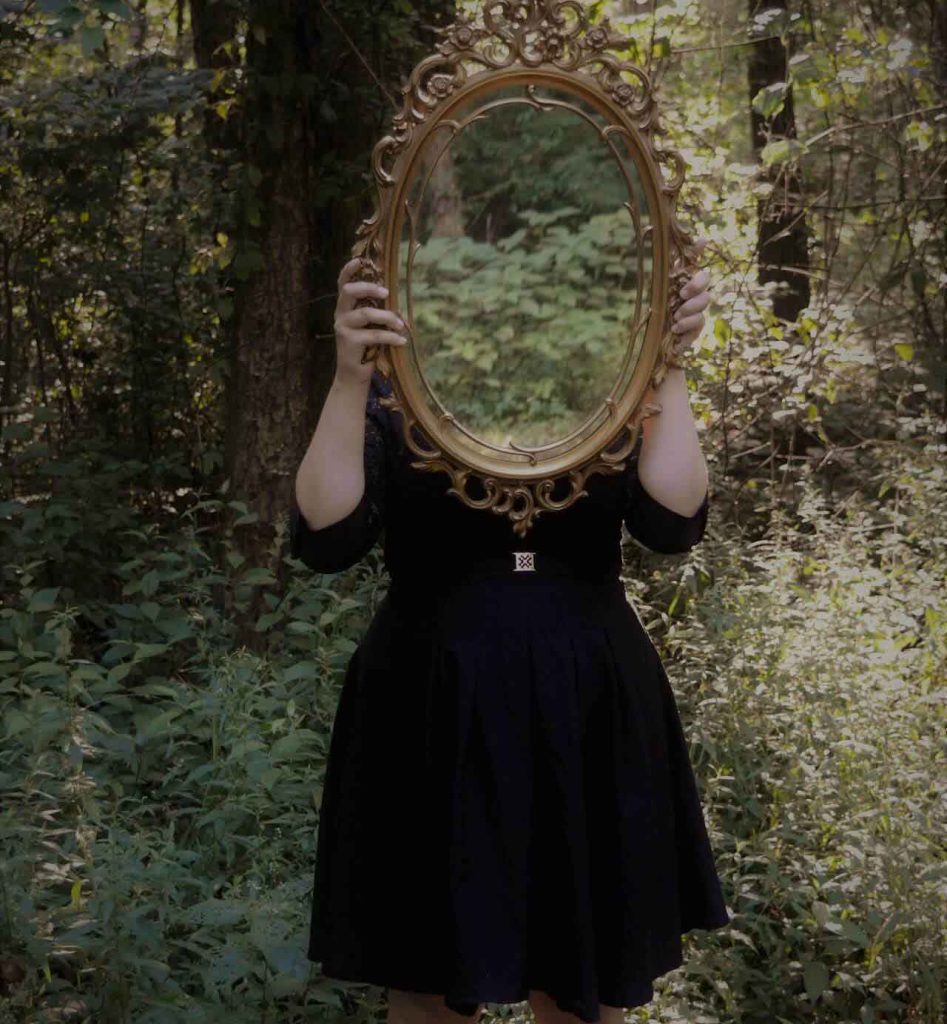To learn more about therapy / coaching or to schedule a brief phone consult, contact me on sidra@sagementalhealth.nl or fill in the contact form.
As a mental health professional, I use my education and life experience to help you to navigate your thoughts and emotions to obtain a sense of clarity and peace. I specialize in applying mindfulness to help move you to a place of acceptance and a life consistent with your values. In addition, I help people understand patterns that have gotten in the way of developing and maintaining healthy relationships, and take the necessary steps to turn their perfect vision of a relationship into reality. I am an active therapist with a naturally directive, coaching style – I will ask questions, challenge assumptions, offer different perspectives, and, when you’re ready, help you to leave your comfort zone and make meaningful changes in your life.
Generally, psychotherapy is intended to help people heal from an emotional experience such as trauma or recover from a psychological impairment such as an anxiety disorder. Meanwhile, coaching is intended to help people move from a place of adequate functioning to a place of superior functioning by helping them achieve personal goals such as improving intimacy in relationships, identifying values and priorities, advocating for better work-life balance, etc. While some therapists (like myself) do coaching as well, not all coaches do therapy. Which one is right for you? That depends on where you are in your process and what you are hoping to get out of it.
Have you ever noticed how stepping outside or going for a walk can calm your nervous system and help you feel grounded in your body? Ecotherapy, also known as nature therapy, includes the popular Japanese practice of shinrin-yoku (forest bathing). The simple method of mindfully breathing and making contact with the earth while amongst the awe of nature (whether trees, open fields, farmland, or water) can help connect your mind and body, develop awareness of your current thoughts and feelings, soothe your nerves, and bring peace of mind.
There is no one-size-fits-all approach to mental health, and I am happy to help get you started for free in a brief consult call.
Techniques & Approaches:
My approach is holistic and integrated in order to best meet your needs, including aspects of the following: Mindfulness, CBT, ACT, CPT, DBT, EFT, IFS, Gottman Method, PACT, Attachment Theory, Motivational Interviewing, Psychoeducation, Buddhist Psychology, Positive Psychology, Humanist and Existential models, Feminist and Narrative models, Systems Theory, Health at Every Size, Strength-Based, and Problem Solving Treatment.
Specialties:
- Aging including perimenopause & end-of-life concerns
- Anxiety
- Attachment / Relational Trauma
- Adverse Childhood Experiences (ACEs)
- Cancer – Oncology Mental Health
- Consensual / Ethical Nonmonogamy especially Relationship Anarchy and Solo Polyamory
- Dating & forming relationships in the Tinder™ era
- Disordered Eating & Body Image
- Emotional Dysregulation
- Historical / Intergenerational Trauma


- Interracial / Intercultural relationships
- Minority stress and the effects of stigma & discrimination especially size, race / ethnicity, introversion, and GSRD (Gender, Sexual, and Relationship Diversity)
- Neurodivergence especially Gifted or 2e (Twice Exceptional) ADHD and HSP (Highly Sensitive Persons or those with Sensory Processing Sensitivity)
- Parenting & Divorce
- Perfectionism and other OCPD (“Obsessive Compulsive”) behaviors
- Shame & Self-Esteem
- Stress Management
Frequently Asked Questions (FAQ)
Per Iamexpat.nl:
Public vs private therapy
There are two types of therapy in the Netherlands: public and private therapy. Public therapy is free (or heavily subsidised) in the Netherlands - as long as you have Dutch health insurance and you go with a contracted provider. If the provider is not included in your insurer's list of contracted-care providers, then you may have to pay a small amount or pay the bill first yourself before sending it to the insurance company. Also, the waiting times for public therapy are much longer than for private therapy.
Conversely, it is easier to get an appointment with a therapist from a private clinic as the waiting times are usually much shorter. However, many private psychologists in the Netherlands do not have contracts with Dutch health insurers and you may be expected to pay for your treatment out-of-pocket.
E-health
If you have mild to moderate mental health symptoms, you can also use an e-health service for online counseling. This option offers flexibility as it can be done from the comfort of your own home. It is also a good option if you are on a waiting list and do not wish to go a long period of time without therapy.
Sage Mental Health (SMH) does not work with insurance providers, which means that you are responsible for the cost of services yourself. In most instances, you will receive an invoice on the day of services. If you fail to attend a scheduled service without providing at least 24 hours notice, we reserve the right to invoice the standard fee.
Yes. Sidra, the proprietor of SMH, has a masters degree in Mental Health which has been recognized by Dutch authorities as equivalent to a masters degree in Clinical Psychology, as indicated by her membership in the Dutch Institute for Psychologists (NIP). In addition, Sidra has a masters degree in Social Work and subsequent clinical training and testing which led to licensure to practice psychotherapy in California.
Yes. There are several conditions that require specialized training or are simply outside of our scope of practice, including but not limited to: active suicidality, eating disorders, addictions, bipolar disorders, psychosis, personality disorders, OCD, severe aggression/violent behaviors. It is recommended that you contact your GP for more information on getting treatment with these conditions.
Per Iamexpat.nl:
Emergency mental health services
If you or someone you know is experiencing a mental health crisis, such as suicidal thoughts or tendencies, acute depression, delusions or panic attacks, then you should contact a GP immediately. They can help you or your loved one by contacting the 24/7 crisis intervention team.
113 Suicide Prevention
You can anonymously contact 113 Suicide Prevention by calling 113 (normal calling costs) or 0800 0113 (free of charge). You can also use the "Chat" button on their website. They have a strong international orientation and many of their trained volunteers can help you in English, 24 hours a day, 7 days a week.
Support lines
If you need emotional support or just need someone to talk to, there are several helplines and resources that you can use anonymously in the Netherlands:
Emotional support helpline (Stichting Korrelatie): 116 123
The Listening Line (De Luisterlijn): 088 076 7000
MIND Korrelatie: 900 1450 or WhatsApp: 061 386 3803
Social services: 070 205 2222
Domestic abuse hotline (Veilig Thuis): 0800 2000
If you find yourself in a life-threatening situation, contact the standard emergency hotline 112 for urgent assistance.
Coaching can be for a month or two, for example to improve communication or social skills. The length of therapy or counseling is determined in consultation with the therapist, depending on the severity and persistence of your complaints, as well as your goals and financial considerations. You also have the right to cease treatment at any given time and for any reason. However, please note that pre-paid coaching packages are non-refundable.
This is usually determined during the phone consult depending on your goals, needs, financial considerations, and availability.

